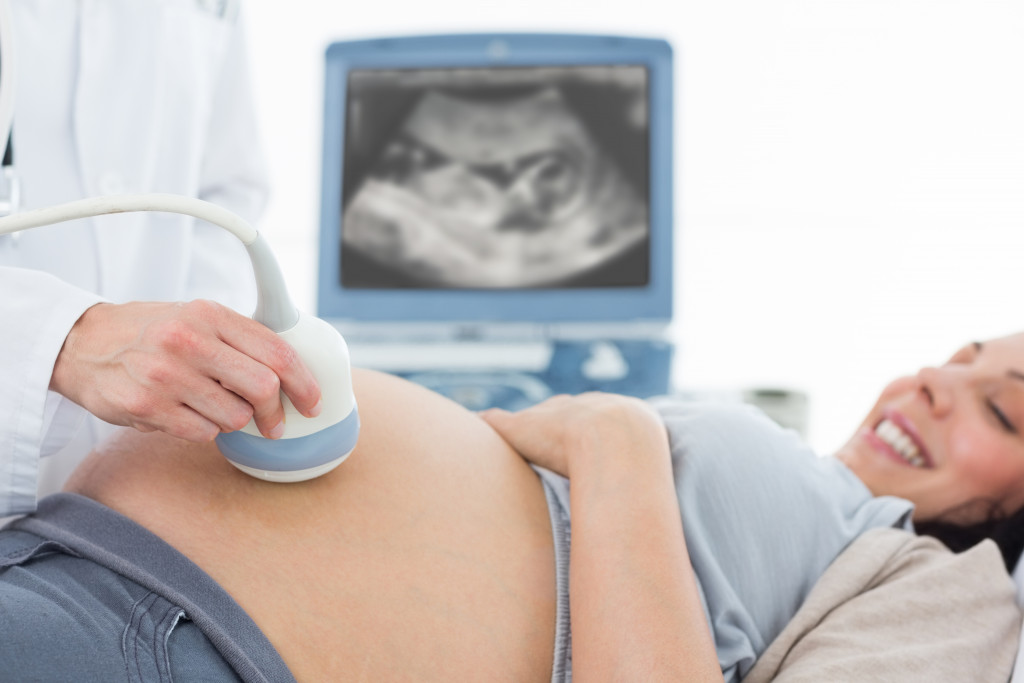Disclaimer: This website provides health information for educational purposes only and is not a substitute for professional medical advice, diagnosis, or treatment. Always seek the guidance of a qualified healthcare provider with any questions you may have.
Pregnancy is a time of great excitement and great change for a woman’s body, and while it may not be an area that many women think about, this includes the mouth and teeth. Hormonal changes, increased blood flow, and changes in diet can all affect oral health.
As a result, pregnancy can lead to a range of dental issues due to hormonal changes, changes in diet, and other factors. Pregnant women should aim to prioritize good oral hygiene, maintain a balanced diet, and see their dental team regularly to prevent and treat these conditions. By taking care of their oral health, pregnant women can help ensure the health and well-being of both themselves and their developing babies.
So, what are some of the issues that can occur with your teeth and gums as a result of pregnancy? Read on to find out!
Pregnancy Gingivitis

Due to hormonal changes during pregnancy, some women experience pregnancy gingivitis, which is inflammation of the gums. Symptoms include red, swollen, and bleeding gums. Regular dental cleanings from a Coorparoo family dental team and good oral hygiene practices at home, such as using a water pik and an antibacterial toothpaste, can help prevent and treat this condition.
Tooth Decay
Changes in diet during pregnancy can lead to an increased chance of tooth decay occurring. Women who crave sugary or acidic foods and drinks are especially at risk. Also, while it may seem unpleasant to think about, the increase in acid in the mouth due to morning sickness can thin the enamel, making cavities more likely to occur.
Pregnancy Tumors
Some pregnant women may develop pregnancy tumors, which are also known as pregnancy granulomas, in their mouths. These non-cancerous growths develop on the gums. They can cause discomfort, bleeding, and difficulty eating and speaking. These growths will usually go away on their own after giving birth, but a dentist may recommend removal if they cause significant problems with speech, breathing, or eating.
Dry Mouth
Some pregnant women may experience dry mouth, which can push the risk of tooth decay and gum disease up. Trying to drink plenty of water and avoiding sugary or acidic foods and drinks can help alleviate this condition.
Tooth Erosion
As mentioned before, acid and teeth do not mix well! Pregnancy can cause acid reflux, which can lead to tooth erosion. The acid can wear away the enamel, causing sensitivity and cavities. Avoiding trigger foods, maintaining good oral hygiene, and seeing a dentist regularly can help prevent and treat tooth erosion.
Loose Teeth

Hormonal changes, particularly fluctuations in estrogen during pregnancy, can affect the ligaments and the bones that support the teeth, causing them to loosen. While this is usually temporary, seeing a dentist can help prevent tooth loss and promote healing should a tooth come loose or begin to wobble.
Remember, if a tooth does come loose, and it is in good condition, your dental team will usually aim to splint it to the nearest tooth that is healthy, thus saving your smile and the functionality of your bite. Great!
Any surgical or invasive procedure carries risks. Before proceeding you should seek a second opinion from an appropriately qualified health practitioner.




